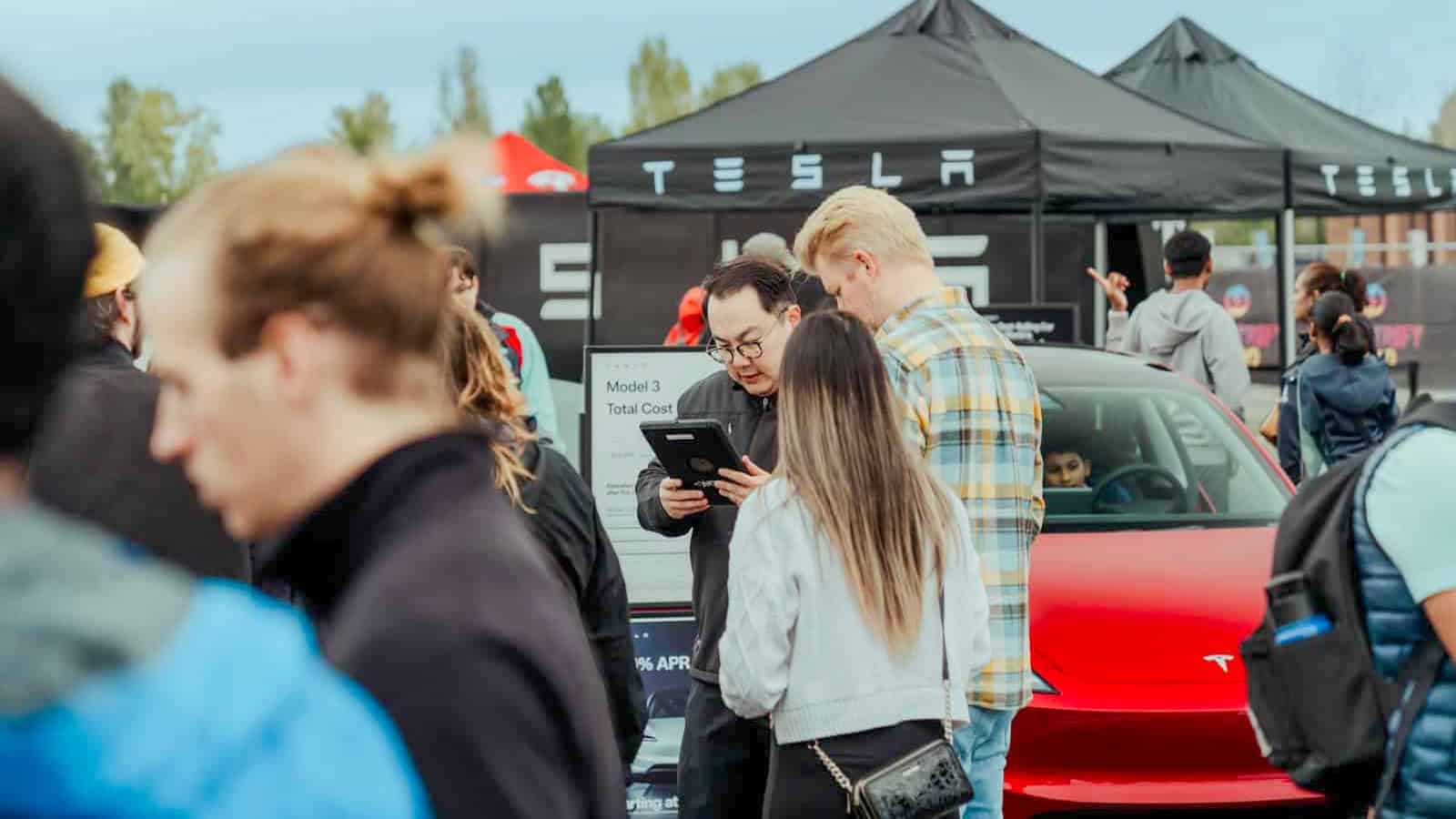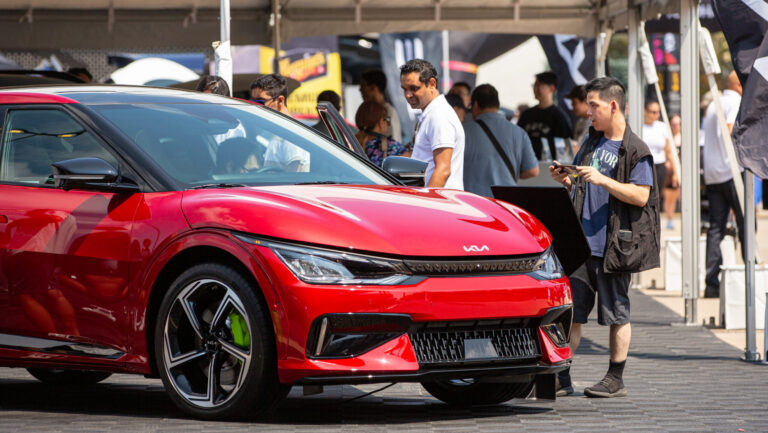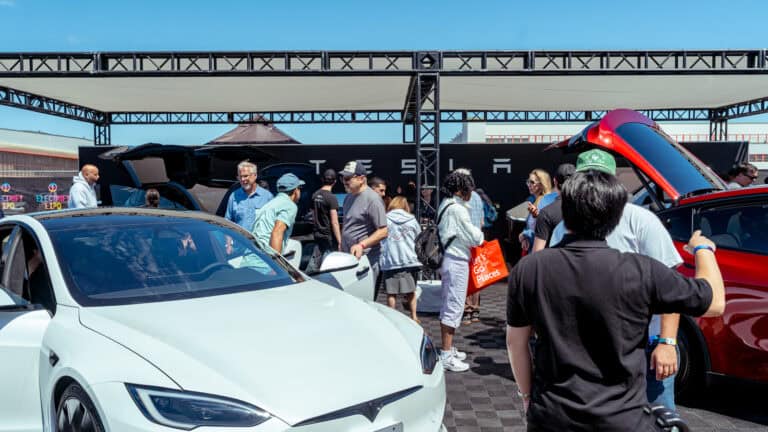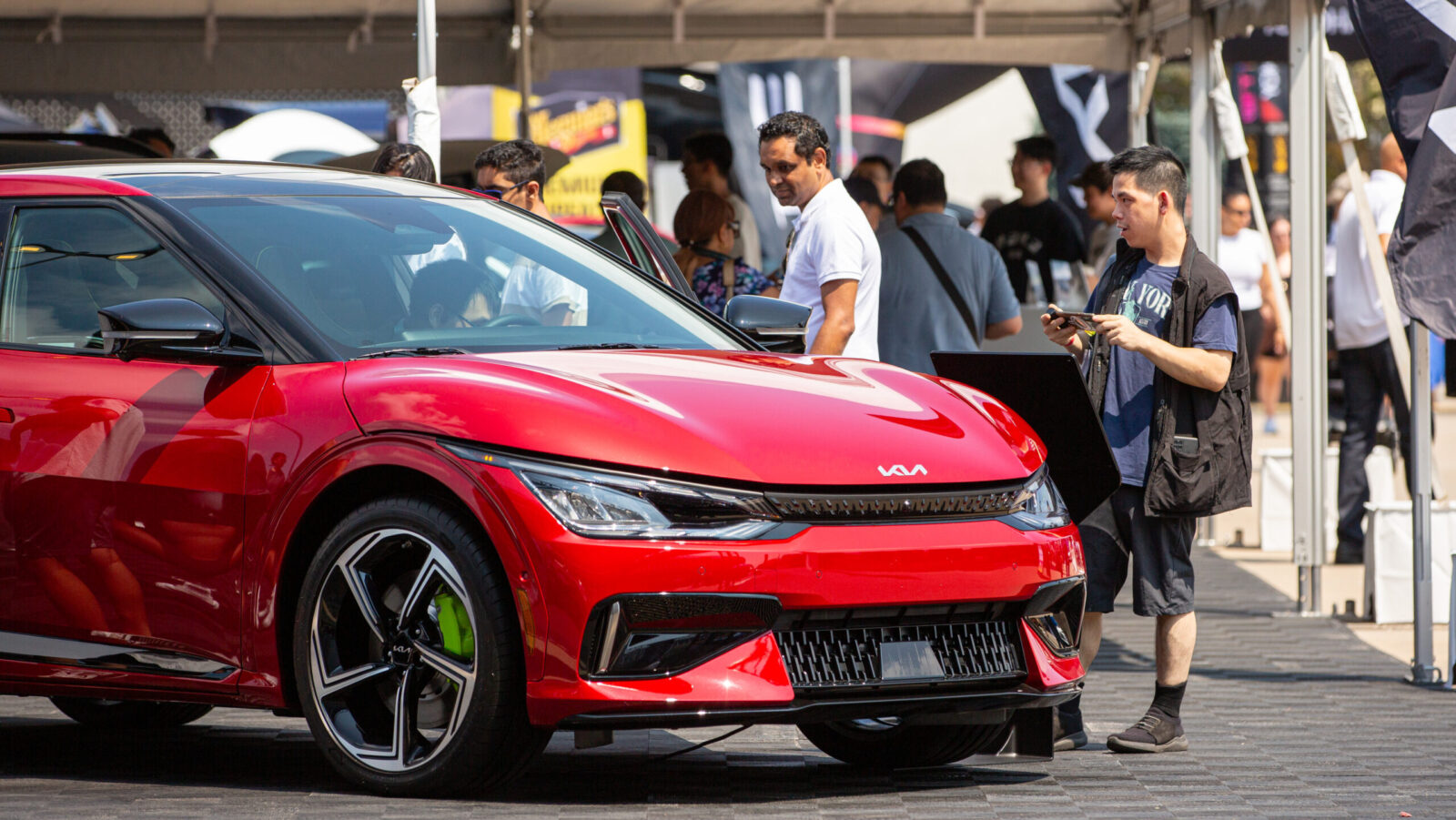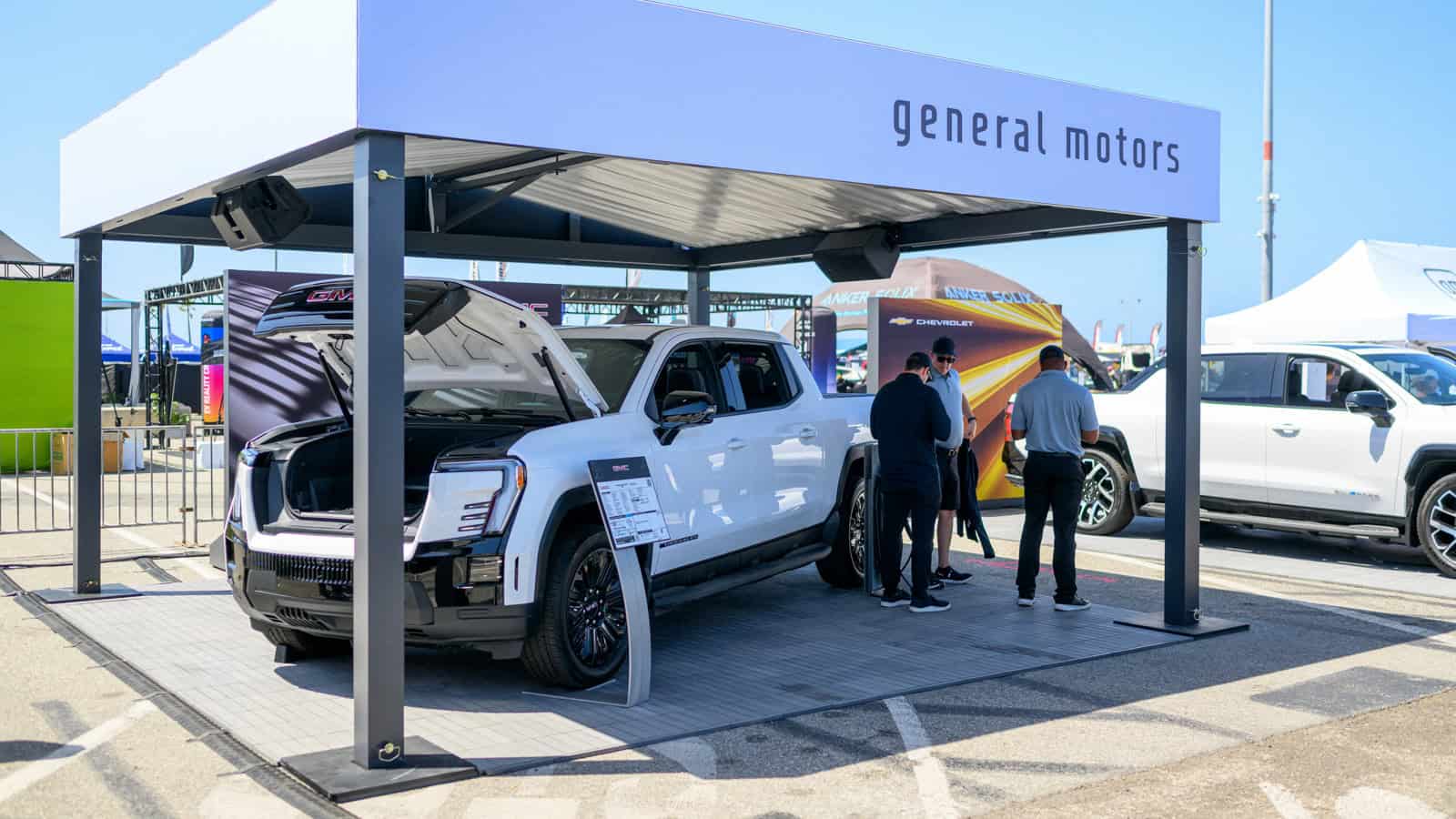- The EV tax credit provides up to $7,500 for new electric vehicles and $4,500 for used ones, but Republicans are attempting to eliminate it.
- Without the tax credit, electric cars like the Tesla Model 3 could become more expensive and less appealing compared to gasoline vehicles.
- Proposed new fees and a 25% tariff on cars from Mexico and Canada may disrupt supply chains and increase costs for consumers.
ADVERTISEMENT
Have you thought about how changes in politics affect electric vehicles? The EV tax credit is still available, but its future is uncertain due to recent political shifts. Currently, the federal EV tax credit provides $7,500 for new EVs and $4,500 for used EVs. This credit was part of the Inflation Reduction Act (IRA) and can only be removed through a congressional decision. However, with Republicans gaining more control in Washington, electric car owners may face challenges ahead.
Trump’s administration has openly expressed plans to repeal the federal EV tax credit. With Republicans now holding significant power in Congress, they are vigorously working to remove these incentives. This push highlights growing concerns among lawmakers whose districts have heavily invested in clean energy projects under the Inflation Reduction Act (IRA).
Comparing the current situation to previous attempts, Republicans have historically struggled to pass such measures due to Democratic opposition. The most recent attempt in July 2024 failed to gain traction, largely because Democrats controlled the Senate and the White House under Joe Biden’s leadership.
ADVERTISEMENT
With Republicans now in full control, the future of the 2025 EV credit looks uncertain. However, removing the tax credit won’t happen immediately. It requires passing new laws, holding public discussions, and facing resistance from various groups, including the auto industry.
The auto industry is understandably concerned. Detroit’s major automakers are asking for stability in regulations. Companies like Stellantis are merging with others to stay competitive, while Tesla faces challenges despite its alignment with Trump. These political moves create uncertainty, making it difficult for manufacturers to plan for the future.
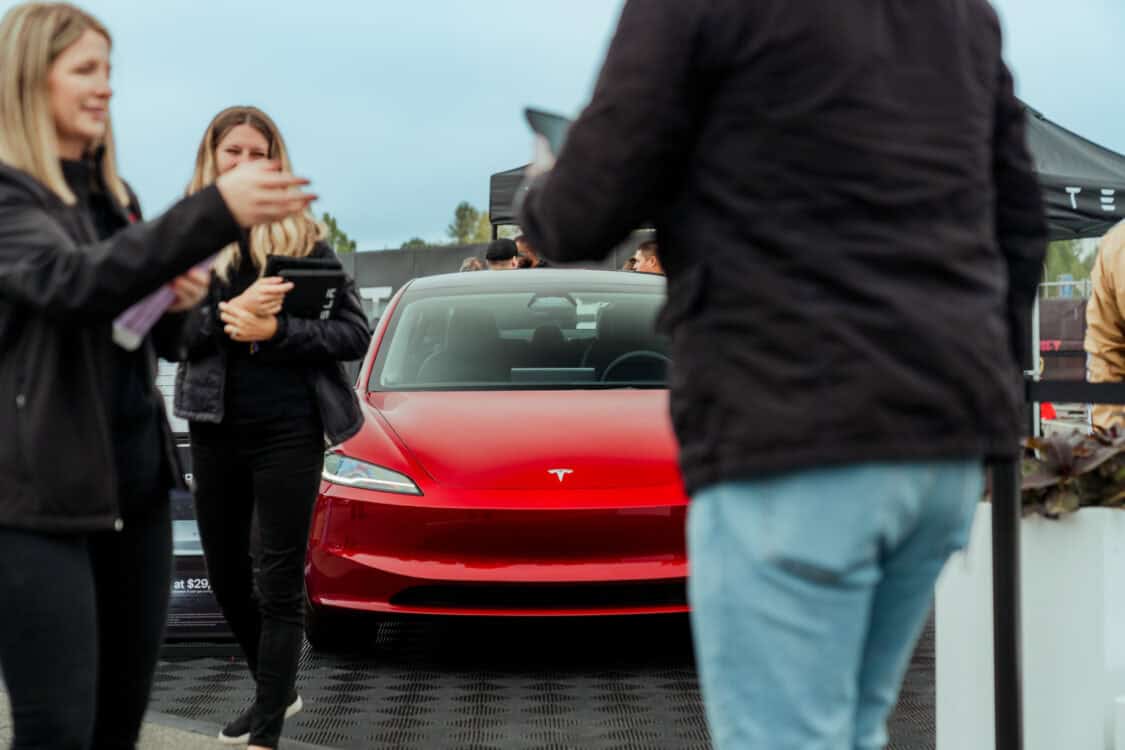
Technical details further illustrate the stakes involved. The EV tax credit significantly lowers the upfront cost of electric vehicles, making them more accessible to a broader audience. For instance, a Tesla Model 3, which typically retails around $40,000, could see the price drop to $32,500 with the federal tax credit.
Similarly, a used Nissan Leaf priced at $25,000 could effectively cost $20,500 after applying the $4,500 credit. These savings are crucial for encouraging more people to buy electric cars, which helps lower carbon emissions and achieve environmental goals.
ADVERTISEMENT
However, the proposed rollback includes more than just eliminating the tax credit. House Republicans have suggested introducing a new fee for EVs and closing loopholes that allow leasing companies to exploit the tax benefits. These measures could inadvertently increase the cost of owning an EV, potentially deterring new buyers and slowing the momentum gained over the past few years.
Beyond the tax credit, Trump’s strategy includes imposing a 25% tariff on cars imported from Mexico and Canada. The goal here is to boost domestic manufacturing and create more jobs. However, this decision might bring some challenges. Global supply chains are complex, with parts coming from various countries. These tariffs could disrupt these connections, causing production costs to rise and, as a result, vehicle prices to increase.
Experts believe that such tariffs may force companies to change how they manage their supply chains. If the costs become too high, businesses might have to reduce their workforce to stay profitable.
ADVERTISEMENT
Despite these challenges, there are voices within the Republican party that advocate for a more measured approach. The letter from the 18 Republican representatives highlights a faction that recognizes the importance of the EV tax credit in sustaining ongoing clean energy projects. This internal division suggests that even within the party, there is no unanimous agreement on how aggressively to dismantle Biden’s EV legacy.
The auto industry’s current struggles add another layer of complexity. Post-pandemic, many automakers are grappling with decreased sales and the need to adapt to a rapidly evolving market. Nissan’s attempt to merge with Honda, Volkswagen’s investment in a joint venture with Rivian, and Stellantis’ leadership changes all point to a sector under significant pressure. Even Tesla, which has closely aligned itself with Trump’s policies, is not immune, experiencing its first sales decline in over a decade.
Although the EV tax credit is still available for now, its future is unclear due to political changes. Both consumers and businesses should keep up with new laws and understand how they might affect the cost and availability of electric vehicles. Those who are committed to electric cars should watch for policy updates and support steady incentives to maintain progress toward greener transportation.
ADVERTISEMENT

IMAGES: ELECTRIFY EXPO
FTC: We use income-earning auto affiliate links. Learn more.


